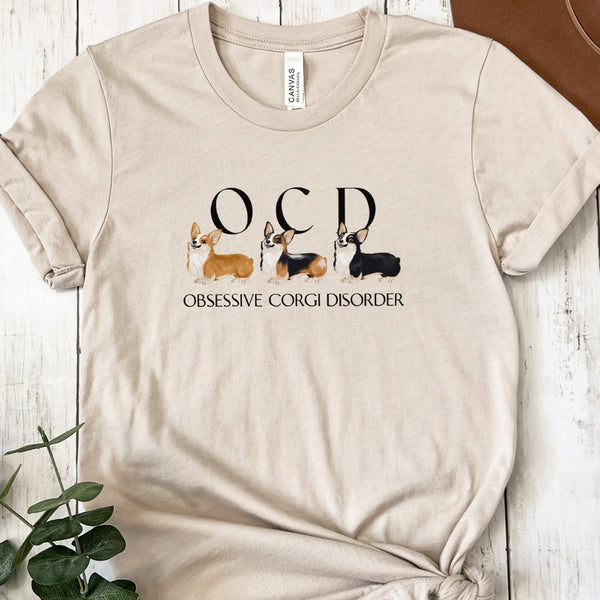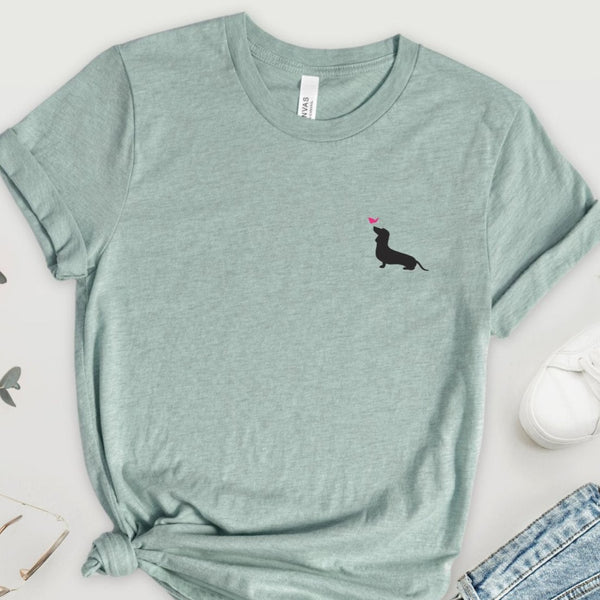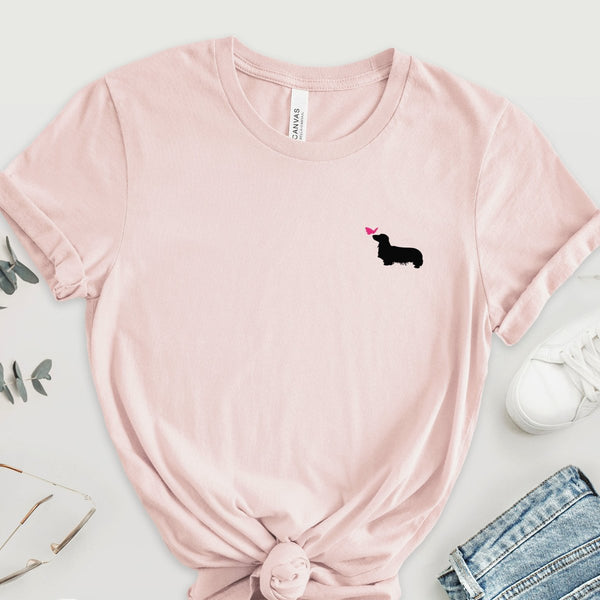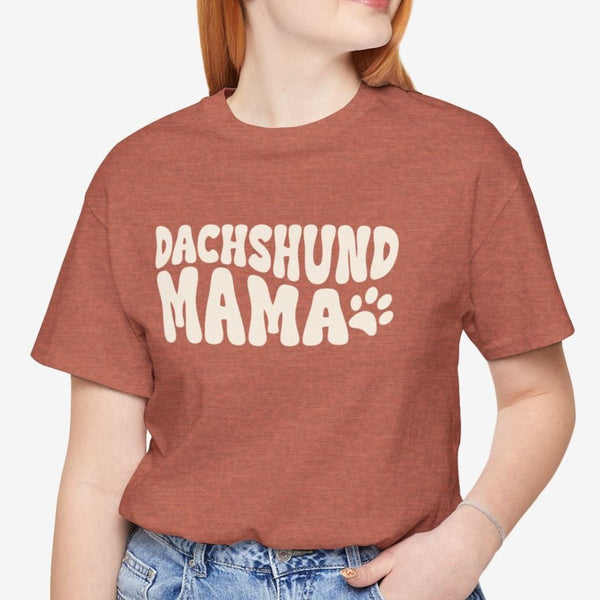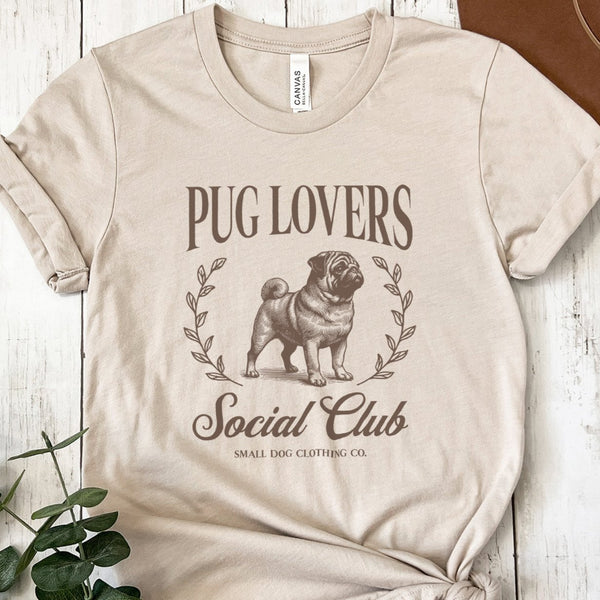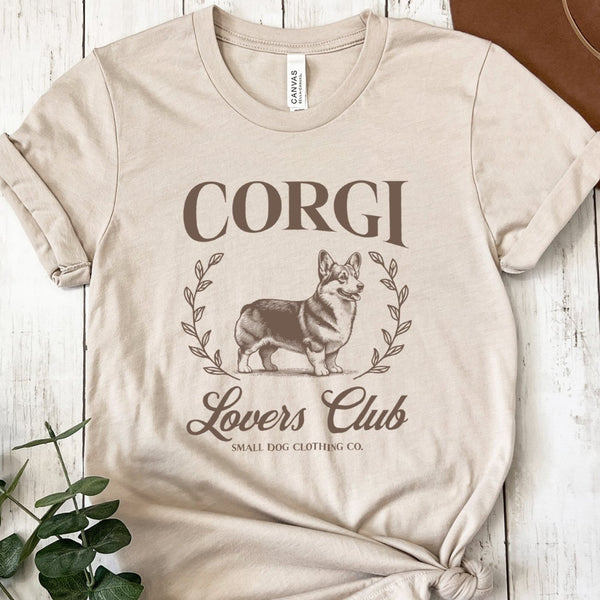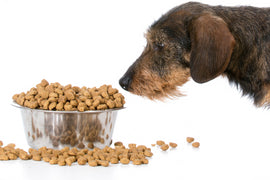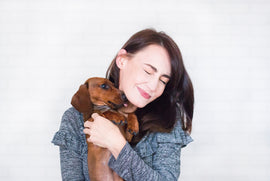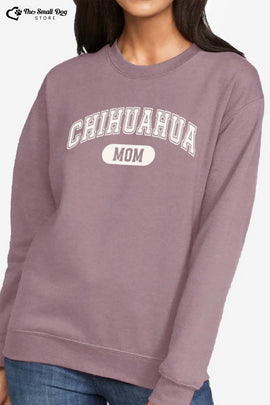Do Dogs Love Their Owners? A Heartwarming Truth About Dogs and Love
Posted by ROBERTO BURALLI
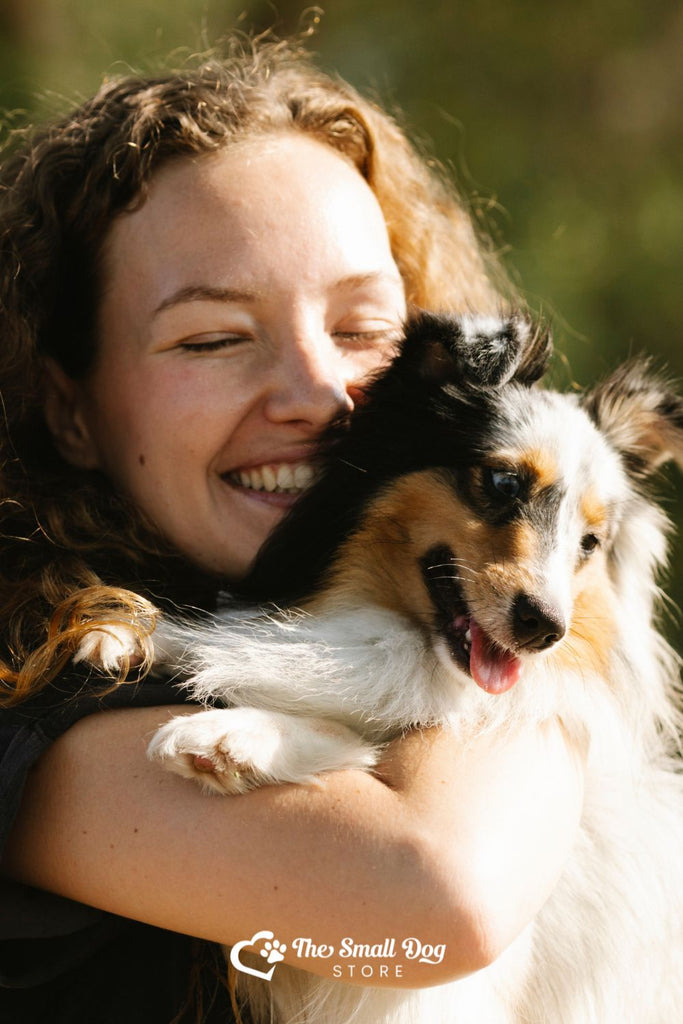
Dogs have been part of our lives for thousands of years, offering companionship, loyalty, and joy. But many of us have asked ourselves at some point: Do dogs really love their owners? Are those tail wags and happy barks genuine affection, or is it all about food and belly rubs?
The answer is as heartwarming as it is clear: yes, dogs truly love us. Science backs it up, our daily experiences confirm it, and the emotional bonds we feel prove it. Let’s dive into the magical world of dogs and love, and explore why this connection is so special.
The Science Behind Dog Love
If you’ve ever felt like your dog has an uncanny way of understanding your feelings, you’re not imagining it. Science has found that dogs share an extraordinary bond with their humans, rooted in both biology and emotion.
For example, a groundbreaking study by Nagasawa et al. (2015) revealed that when dogs and their owners gaze into each other’s eyes, both release a hormone called oxytocin. Known as the "love hormone," oxytocin is the same chemical that helps humans bond with their babies and loved ones. This chemical exchange creates a positive feedback loop, deepening the love and trust between you and your furry friend.
Additionally, neuroscientist Gregory Berns (2015) discovered through MRI scans that the reward centers of a dog’s brain light up when they smell their owner. This means that dogs don’t just recognize their humans—they actively associate them with feelings of comfort, safety, and happiness.
How Dogs Say "I Love You"
Unlike humans, dogs don’t rely on words to express their feelings. Instead, they use actions, behaviors, and even body language to show love. Here are some of the most common ways your dog says, “I love you”:
- Happy Greetings: That over-the-top excitement when you walk through the door? It’s their way of saying they missed you like crazy!
- Cuddling Up: Dogs are pack animals, and snuggling with you is their way of including you in their “pack.”
- Protective Instincts: Ever notice how your dog keeps a watchful eye when you’re out and about? That’s love in the form of loyalty.
- Playful Engagement: Bringing you their favorite toy or encouraging a game of fetch is their way of sharing joy with you.
- Kisses and Licks: Sure, those slobbery kisses can be messy, but they’re one of the purest expressions of affection in the doggy world.
Why Dogs Are the Ultimate Best Friends
Dogs aren’t just pets—they’re family. They don’t judge us for our bad days or hold grudges. They’re always happy to see us, even when we’ve been gone for only five minutes. They teach us what unconditional love looks like and remind us to find joy in the little things, like a walk in the park or a cozy nap in the sun.
Their love is therapeutic, too. Studies have shown that spending time with dogs can reduce stress, lower blood pressure, and even improve mental health. It’s no wonder they’re often called “man’s best friend.”
A Love That Goes Both Ways
So, do dogs love their owners? Without a doubt. Science, stories, and every wagging tail prove it. Dogs love us deeply and unconditionally, offering a kind of companionship that’s rare and precious. They remind us every day that love doesn’t have to be complicated—it can be as simple as a tail wag, a sloppy kiss, or a quiet moment spent together.
If your heart is full of love for your furry best friend, why not share it with the world? Check out our collections at The Small Dog Store and find the perfect shirt, hoodie, or sweatshirt to celebrate the bond you share with your dog. Because there’s no better way to say “I love my dog” than by wearing it proudly.
Celebrate Your Bond With Your Dog
References
Berns, G. S., Brooks, A. M., & Spivak, M. (2015). Scent of the familiar: An fMRI study of canine brain responses to familiar and unfamiliar human and dog odors. Behavioural Processes, 110, 37-48. https://doi.org/10.1016/j.beproc.2014.02.011
Nagasawa, M., Mitsui, S., En, S., Ohtani, N., Ohta, M., Sakuma, Y., ... & Kikusui, T. (2015). Oxytocin-gaze positive loop and the coevolution of human-dog bonds. Science, 348(6232), 333-336. https://doi.org/10.1126/science.1261022
TAGS:
SHARE:




